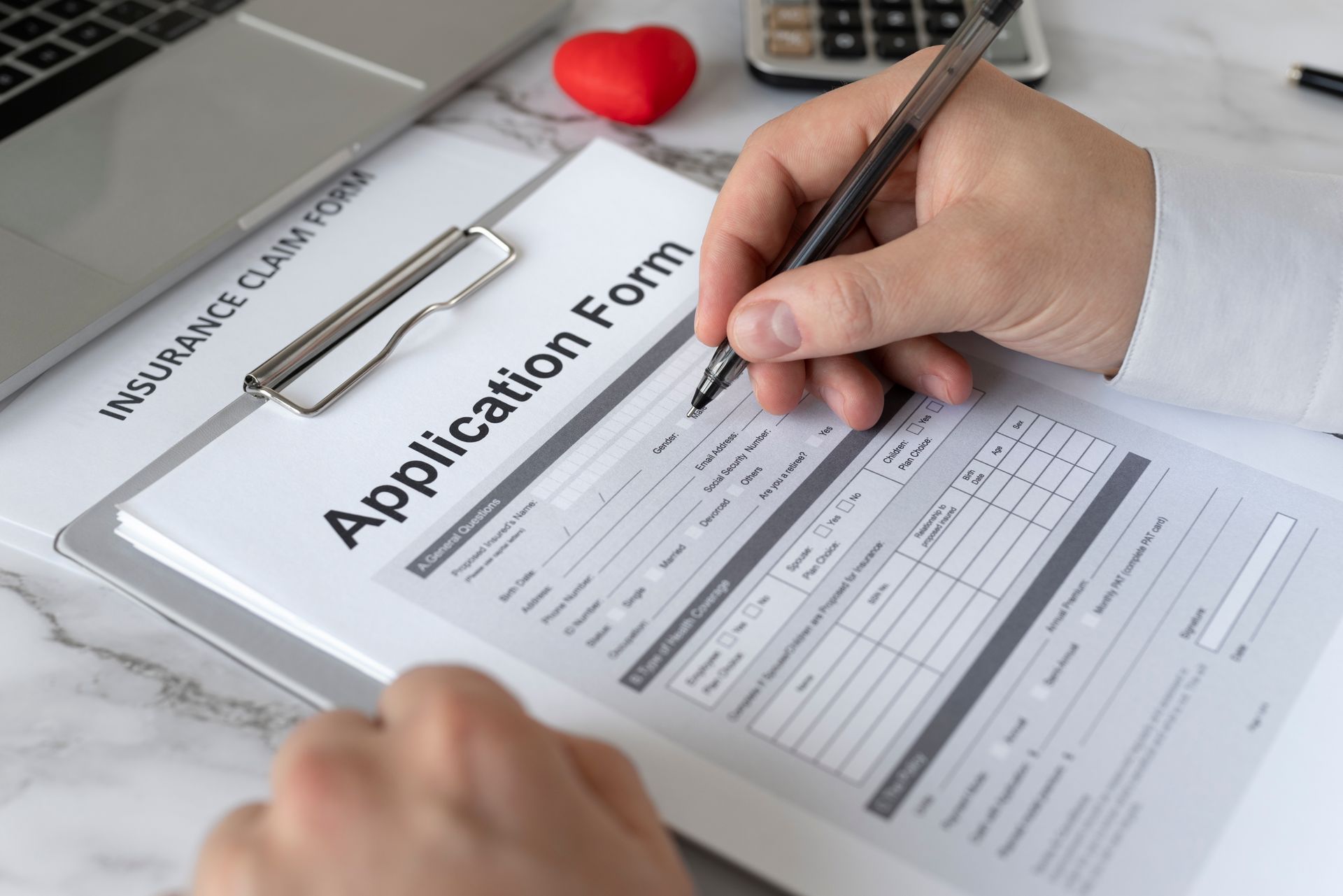Canada Parents and Grandparents Program 2025: Complete Guide to PGP Sponsorship (July 28 Launch)
Introduction
Canada’s Parents and Grandparents Program (PGP) 2025 launches on July 28, 2025. Immigration, Refugees and Citizenship Canada (IRCC) will randomly send out 17,860 invitations over an approximately two week period to invite potential sponsors, with a goal of receiving 10,000 complete applications for permanent residence.

This year’s parents and grandparents program intake is limited to potential sponsors who submitted an interest to sponsor form in 2020. No new interest forms will be accepted in 2025. Due to existing backlogs, Immigration, Refugees and Citizenship Canada (IRCC) is drawing from the large pool of submissions by it already received in 2020 for the parents and grandparents program.
In this guide, we’ll explain how you can sponsor parents or grandparents, who qualifies, how the process works, what costs to expect, and what your alternatives are if you’re not invited.
Sponsor Parents Canada 2025
The 2025 parents and grandparents program allows Canadian citizens and permanent residents to sponsor their parents or grandparents for permanent residency. The goal is to reunite families in Canada. This family reunification pathway is one of the most generous in the world, but it is also competitive due to limited intake each year.
The sponsorship application process includes the potential sponsor meeting eligibility requirements, proving financial capacity, submitting a complete application, and committing to supporting your family members for 20 years (or 10 years if in Quebec) that you sponsored through the parents and grandparents program.
PGP 2025: What You Need to Know
- The IRCC will start sending invitations on July 28, 2025, and continue into mid-August in an approximately two week period.
- Only individuals from the previous year 2020 interest-to-sponsor pool are eligible.
- No new interest form submitted to the pool will be accepted this year by the Canadian government for future intake.
- If invited, you must submit the application electronically through IRCC’s Permanent Residence Portal, or through the representative permanent residence portal, if you are using a representative.
- Once invited, you will have 60 days to submit a complete application.
- Processing times are approximately 36 months for applicants outside Quebec and 48 months for those applying through Quebec as of July 2025.
Parents and Grandparents Program Intake 2025
The 2025 grandparents program intake is strictly limited to the sponsors who submitted the interest to sponsor form in 2020. IRCC is not reopening the interest-to-sponsor form this year.
This approach allows IRCC to manage the backlog of existing submissions while continuing to reunite families across Canada.
Interest to Sponsor Form
Submitting the interest to sponsor form is the first step for joining the PGP pool. It is typically released in a given year for individuals who wish to sponsor their parents or grandparents. However, no new interest to sponsor forms are being accepted in 2025.
If you submitted an interest to sponsor form in 2020, make sure to check the email you used at that time, including your junk and spam folders.
Eligibility & Requirements
To sponsor your parents or grandparents in 2025, you must:
- Be 18 years of age or older
- Be a Canadian citizen, permanent resident, or registered Indian
- Live in Canada
- Meet the income requirements based on your family size
Financial and Minimum Income Requirements
You as the sponsor must meet the Minimum Necessary Income (MNI) set by IRCC for the past three taxation years (2022, 2023, 2024). This income can include your spouse or common-law partner’s income if they co-sign the application. The minimum necessary income requirement is assessed based on the total income reported on your Canada Revenue Agency Notice of Assessment.
MNI Table (Outside Quebec)
| Family Size | 2024 | 2023 | 2022 |
|---|---|---|---|
| 2 people | $47,549 | $44,530 | $43,082 |
| 3 people | $58,456 | $54,743 | $52,965 |
| 4 people | $70,972 | $66,466 | $64,306 |
| 5 people | $80,496 | $75,384 | $72,935 |
| 6 people | $90,784 | $85,020 | $82,259 |
| 7 people | $101,075 | $94,658 | $91,582 |
| Each additional person | +$10,291 |
Co-Signer
TIPS: If your individual income doesn’t meet the Minimum Necessary Income (MNI), a co-signer—who must be your spouse or common-law partner—can help you qualify by combining their Canadian income with yours. Note that the co-signer will need to meet the same eligibility requirements as you.
Sponsorship Undertaking Required by the Canadian Government
- The sponsor and their partner (if co-signing) are required to sign a sponsorship agreement and undertaking with the Government of Canada to support the sponsored person(s) for 20 years (or 10 years if you live in Quebec)
- If your parents or grandparents receive any social assistance during the undertaking period, you will have to repay those funds to the government.
PGP Application Process Step‑by‑Step
Step 1: Receive Your Invitation
- Monitor your 2020 email address closely, and ensure you check your junk folders as well.
- If you are invited to sponsor your parents, you’ll have 60 days to apply using IRCC’s PR Portal
Step 2: Gather Required Documents
You’ll need the following:
- Application forms
- Proof of income (Notices of Assessments from CRA)
- Proof of Canadian citizenship or PR for sponsor
- Proof of relationship (birth/adoption certificates)
- Police certificates (valid for 6 months) for sponsored individuals
- Medical exams
- Biometrics (ages 14 to 79)
- Resume for each applicant with information from age 18 to present
Step 3: Submit the Application
All documents must be submitted electronically.
Who Can You Sponsor
You can sponsor:
- Your biological or adopted parents and grandparents
- Their spouses or common-law partners
- Their dependent children (if applicable)
You'll need to provide documents to prove the relationship between the sponsor and the applicants.
Financial Planning & Costs
Sponsoring parents or grandparents for permanent residence can be expensive, both upfront and long-term.
Government Fees (including Right of Permanent Residence Fee):
- Sponsorship fee: $85
- Principal applicant: $1,120
- Spouse/partner of applicant: $1,210
- Dependent child: $175
Additional Costs:
- Medical exams
- Police certificates
- Translations
- Immigration consultant or lawyer (optional, but highly recommended)
Long-Term Commitment:
In addition to the government permanent residence fees, as part of your sponsorship undertaking, you are legally required to cover your sponsored family members’ basic needs, including food, shelter, and healthcare costs not covered by the province. This includes financially supporting the principal applicant as well as any dependents you have sponsored. If they use government assistance, you must repay it. This responsibility lasts for 20 years (or 10 years in Quebec).
Success Tips & Common Mistakes
Tips for Success
- Make sure you still have access to your 2020 email.
- Check your junk and spam folders.
- Start preparing the required documents, including all the application forms as early as possible.
- Confirm your income meets the MNI requirement for the last three tax years.
- Submit the permanent residence application as early as you can within the 60-day window.
- Create a perfect application - mistakes will lead to your application being rejected as incomplete.
Common Mistakes
- Missing the email invitation
- Not meeting the financial support requirements
- Incorrect translations or missing certified true copies of documents
- Incomplete application - missing documents or gaps in your information on the application forms
- Waiting too long to submit and missing the deadline
Frequently Asked Questions
What if I don’t get selected for sponsorship application in 2025 by the Canadian government?
You won’t be able to sponsor your parents and grandparents this year, but you can try again next year or apply for a Super Visa so they can stay in Canada temporarily.
Can I sponsor step-parents to become permanent residents?
No. Only biological or adopted parents and grandparents are eligible. However, if your biological parent is married to your step parent, you can sponsor your biological parent and their spouse is included in the application as their dependent.
What if I lost access to the email I used in 2020?
IRCC doesn’t allow email updates for this pool. You can try setting up forwarding or recovering the account. In past years, IRCC sometimes allowed updates or retrieval of confirmation numbers after all invitations were sent.
What if my parents or grandparents have medical conditions?
Medical conditions don’t automatically disqualify them, but they must pass a medical exam. If their condition is likely to cause excessive demand on Canada’s health or social services, it could affect their eligibility for permanent residence.
Are the rules different in Quebec compared to the rest of Canada?
Yes. If a person is being sponsored for immigration to Quebec, the sponsor must meet Quebec's immigration sponsorship requirements after IRCC approval. In Quebec, the financial undertaking is only 10 years.
Super Visa Alternative to the PGP Application
If you're not invited under the 2025 PGP, the Super Visa is a strong alternative to enable your parents to join you in Canada. The Super Visa allows parents and grandparents to come to Canada as long-term visitors on a multi-entry visa that remains valid for up to 10 years.
The Super Visa program is a multiple-entry visa valid for up to ten years, and each extended stay can last up to five years. After that, families may apply to extend the stay by up to two years.
Super Visa Highlights
- Valid for ten years - come and go from Canada as many times as you like during that time
- Stay up to five years per entry
- Extensions possible for up to two years
- Multiple entries allowed
- Typically shorter processing times than the PGP
- Requires private medical insurance from a Canadian provider
Unlike the PGP, the Super Visa does not grant permanent residency to your parents and grandparents. However, as many families are limited by the PGP intake, they would choose this option for faster reunification and flexibility. It also has fewer income requirements, though sponsors must still demonstrate adequate financial support for the visiting parent or grandparent.
To be eligible for the Super Visa program, the applicants must meet standard visitor visa requirements. You can learn more about the difference between a super visa and a standard visa in our article 'What is the Difference Between a Super Visa and Visitor Visa?'.
Conclusion and Next Steps
The 2025 PGP is an exciting opportunity to help your parents or grandparents become permanent residents in Canada. However, only those selected from the 2020 interest-to-sponsor pool will be eligible to apply, and only those who submit a perfect application to IRCC will be approved for PR. Starting July 28, it’s crucial to monitor your email inbox, including spam folders. If you receive an invitation, act quickly and make sure all documents are complete, translated if necessary, and submitted on time. If you’re not selected this year, the Super Visa provides a great alternative for long-term visits to Canada while you wait for future programs. It may also be helpful to consult a licensed immigration professional to ensure your application is as strong as possible and free of errors.
At The Way Immigration, we are experienced with parents and grandparents sponsorship as well as super visa applications. We would love to help you reunite with your love ones in Canada. Contact one of our professionals so that we can get started on your parents sponsorship application today!
Frances Wipf, RCIC, is recognized globally as an expert in Canadian immigration matters. She is licensed by the CICC to provide legal representation and strategic immigration insights. In practice since 2008, Fran has successfully guided thousands of clients to achieve their Canadian immigration dreams through a combination of realistic assessment, technical excellence, and honest advice.











